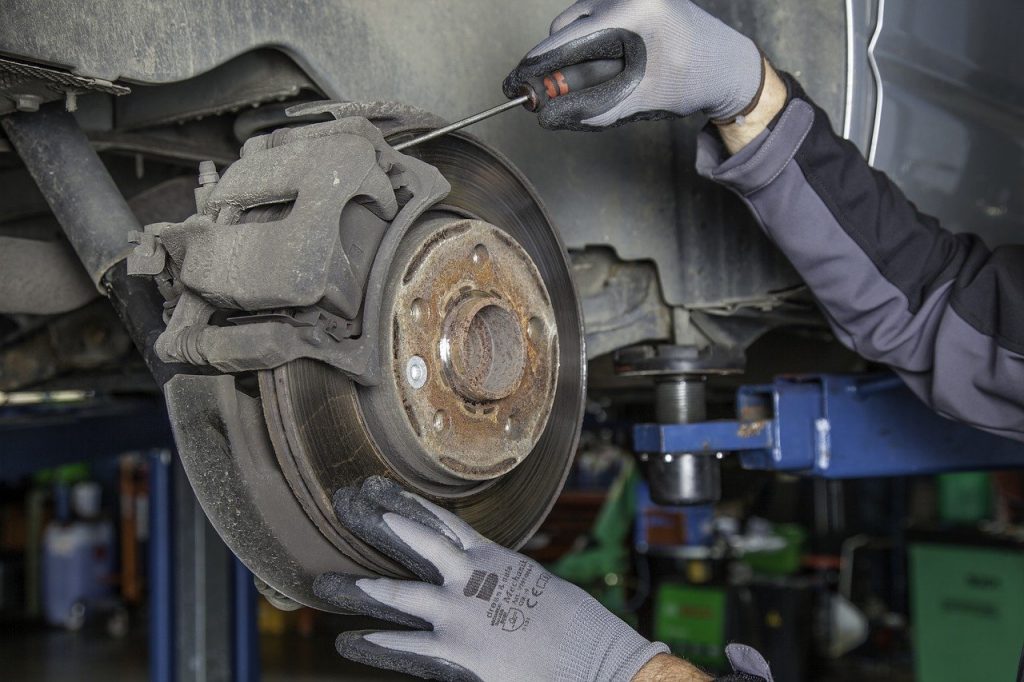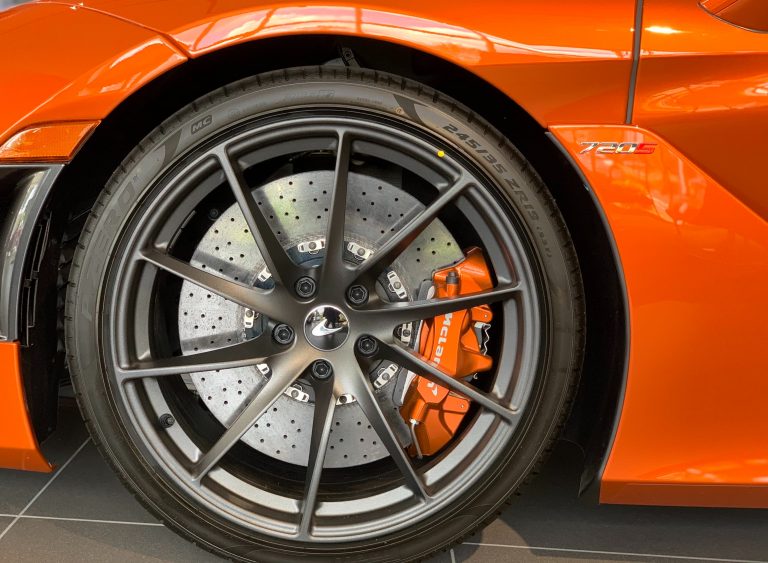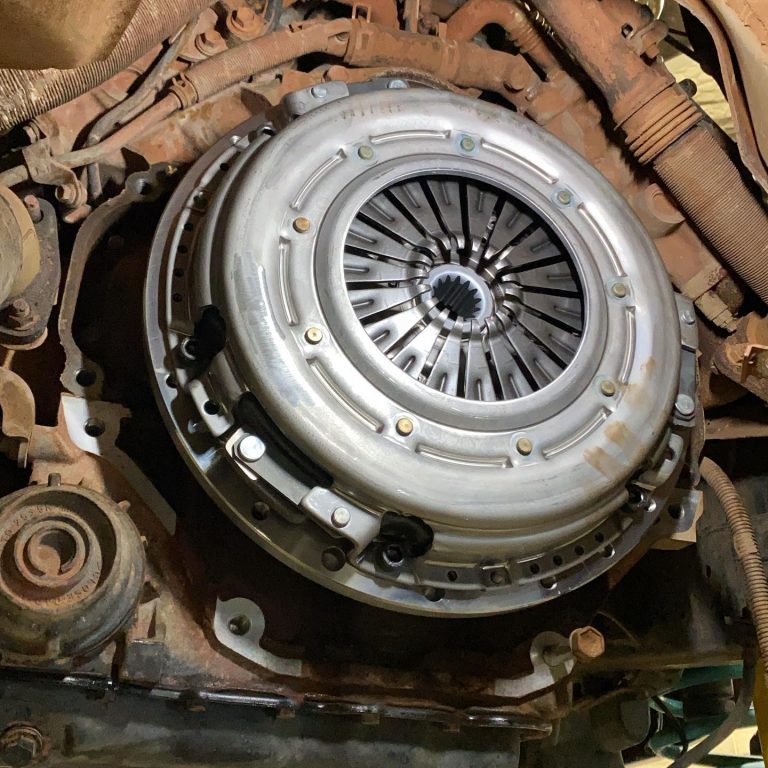Brake & Clutch Repairs
Cannington Performance can perform Brake & Clutch Repairs to all makes and models. Did you know? Being able to stop your vehicle safely, and reliably, day after day makes your car’s braking system critical.
If your brake system is not as good as it should be, then quite simply your car will not slow down or stop meaning you are putting the safety and well-being of yourself and your passengers at great risk.
Common signs that mean your brakes need attention are constant squealing or grinding, low or spongy pedals or even a warning light on your dash (if your car has one)
We recommend that you have your brakes checked at least once a year even if there are no signs or wear or tear.
There are many applications in the braking system that can be modified or upgraded.

-
DISK ROTORSBrake disc rotors are a critical part of the braking system. The discs are circular metal plates in which the brake pad is forced up against to slow or stop the car. The smoother the surface, the more efficiently friction can be obtained to slow your car. There are numerous types of rotors available : Slotted rotors Slotted and cross drilled Slotted and dimple. The purpose of these rotors are to give your brakes maximum grip.
-
BRAKE PADSWhen are a car is under brakes the brake pads are pressed against the brake disc. The kinetic friction coefficient between the brake pad and disc determines (in part) the amount of force that has to be applied to the brake pedal to achieve a given brake effect. There are numerous types of brakes pads for different applications which have low heat range to extreme high heat range with ceramic coating whether they be for street driving or race driving.
-
BRAKE HOSESThe purpose of these is to reduce expansion from the normal brake hose to apply more pressure to the callipers where it is needed. We change the standard rubber hose to street legal braided hoses.
-
BRAKE FLUIDBrake fluid is the means by which foot pressure on the brake pedal is transferred to the brake pads and discs to slow or stop your vehicle. Brake fluid “lives” within the master cylinder, brake hoses and brake caliper. The pressure placed on the brake pedal is transferred by the master cylinder compressing or forcing the brake fluid along the brake lines to force the brake caliper to close the disc pads onto the disc rotor. Brake fluid should be checked often and changed at least once a year. For high performance vehicles we suggest you use racing brake fluid to obtain maximum boiling point.
-
BRAKE MASTER CYLINDERSThe master cylinder is a hydraulic control device that converts physical pressure (commonly from a driver’s foot) into hydraulic pressure to operate other devices in the hydraulic system. A master cylinder is made up of a reservoir of fluid, two pistons, and two or more circuits (brake lines). When the brake pedal is depressed, the pistons move to create pressure in the cylinder. This pressure compresses the fluid evenly through each circuit and into the brake calipers. Typically, engine vacuum is used to assist in applying pressure to the system. In case of failure of a brake line, the master cylinder will redirect hydraulic pressure to the remaining lines, thereby avoiding catastrophic failure of the brakes. We upgrade the Master Cylinder when upgrading from a single piston caliper to six piston calipers We can help you with everything for your vehcile from an Oil Change to an Engine Exchange and everything in between. We work on all makes and models and can handle any problem.
WHY CHOOSE US
We offer a full range of workshop services to vehicle owners located in the Cannington and surrounding area’s.
Our Technicians are fully qualified and you can relax in knowing that your vehicle is in good hands.
- We make vehicle service and repair more convenient for you
- We are a friendly and fully trained technicians
- We can handle a wide range of vehicles and Services
- Same day service for most repairs and maintenance
- We get the job done right — the first time
POPULAR QUESTIONS
If you hear and noise when pressing the brake pedal, it generally means there is a fault in that area and you should have the vehicle checked before any further damage.
Vibration of shudder through the steering wheel or Vehicle when applying your brakes means that the Front or Rear Disc Rotors are not running true and will need to be machined.
A soft or spongy brake pedal means that your braking system has a problem. A spongy pedal is usually caused by air in the system but can also be caused by other factors. Vehicle will need to be inspected to confirm cause of the issue.




